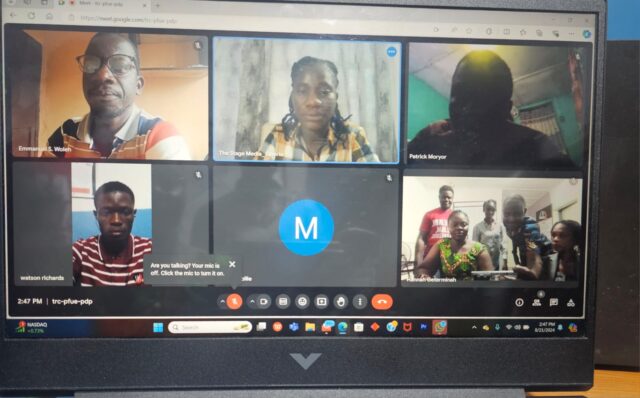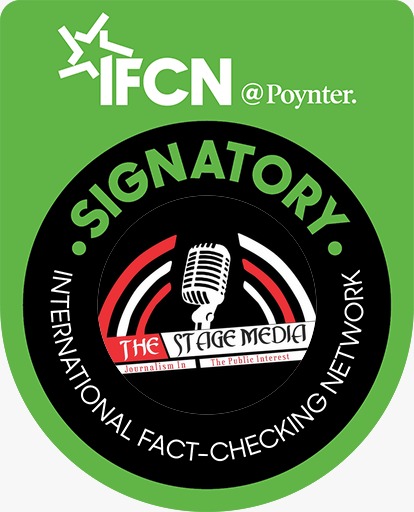
In June, Stage Media-Liberia was one of 39 fact-checking organizations awarded the second phase of the BUILD grant program. This program is designed to enhance the operational capacity of organizations to support fact-checking in local and regional initiatives.
To promote a culture of credible and trustworthy information dissemination among rural communities, the institution opened applications for fellows in five of Liberia’s 15 counties. It partnered with two community radio stations to air its content in local Liberian pidgin.
The selected fellows were trained in TSM policy, style, and the use of fact-checking tools to enhance their skills as they effectively reported content in their respective counties over the next eight months of the fellowship.
The project manager, R. Joyclyn Wea, said the intent is to enable the institution’s response to information disorder within rural communities across Liberia and ensure citizens make informed and independent decisions or choices.
Wea said that over the next eight months, fellows will have the opportunity to produce in-depth fact-checking content that keeps politicians, influencers, and members of the public in check and accountable for their actions.
According to her, there will be hands-on refreshers from time to time to respond to challenges fellows might face in their work since this is new for many of them.
The training she noted was designed to maintain accuracy in the digital age, where misinformation spread rapidly and widely.
Hannah N. Geterminah, co-partner, TSM-Liberia, said that providing local fact-checkers with advanced tools and methods is a significant step toward creating a more informed society in which the powerful are held accountable for the information they share.
Geterminah stated that the training aims to increase trust in media sources while also promoting media literacy among citizens of all educational backgrounds by translating fact-checks into pidgin that everyone understands.
She stated that addressing the widespread information disorder in Liberia’s information ecosystem requires a collaborative effort from the mainstream media and social media influencers.
“To make the world a better place for all, the media must play its role effectively by providing accurate information to the public void of misinformation and disinformation,” Geterminah added.
Project Fellows shared their experiences about how the training bordered their knowledge, giving them a clear picture of the significance of fact-checking in the information age.
“This training has been incredibly enlightening; the tools and techniques we have learned will be instrumental in our efforts to counter misinformation and ensure that the public receives accurate and reliable information,” Watson Richards, a participant, said.
TSM’s initiative is part of a broader effort to strengthen the integrity of information dissemination in Liberia. TSM is Liberia’s first fact-checking media institution with the overarching vision of mitigating misinformation and disinformation.




